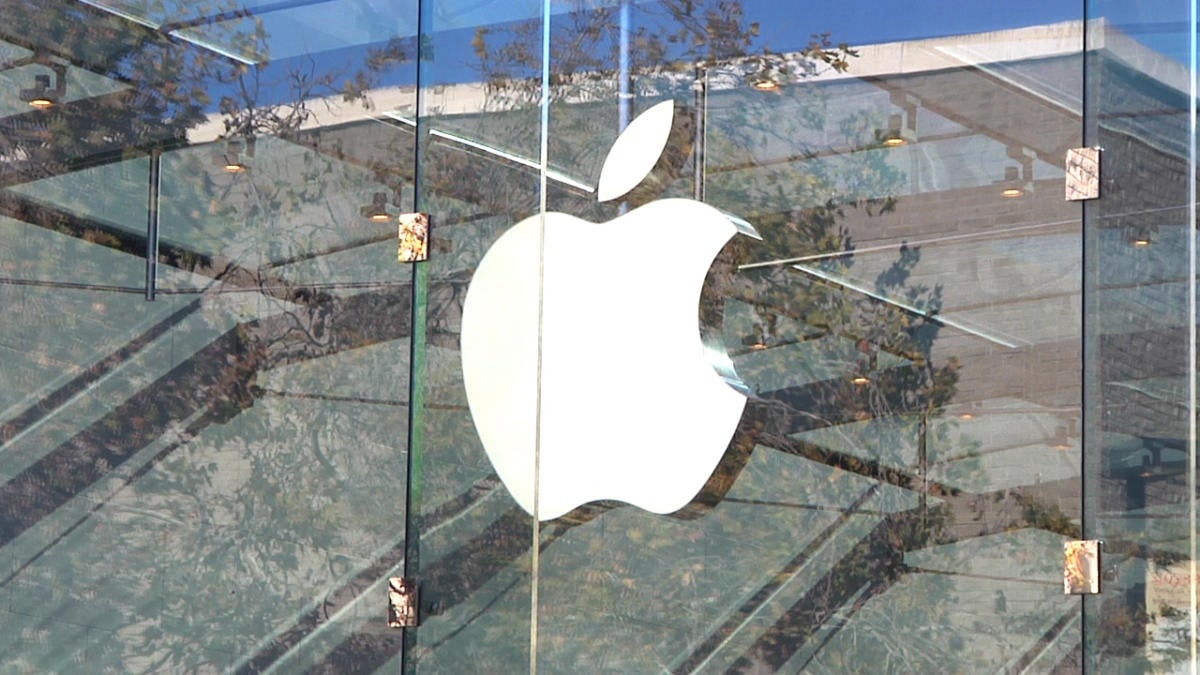
A nasty spat between Apple and Qualcomm broke into public view on Friday when the smartphone maker accused the chip supplier of charging “exorbitant” licensing fees for its cellular technology.
Apple is asking a Southern California court to order Qualcomm to pay it nearly $1 billion that it says Qualcomm is holding back. Apple says it is owed the money but Qualcomm is holding it back because Apple cooperated with a South Korean government investigation into Qualcomm’s licensing practices.
The lawsuit alleges that Qualcomm charges high licensing fees to the companies that make iPhones for Apple. Those companies pass the fees on to Apple but aren’t allowed to show Apple the specifics of the licensing deals, leaving Apple unsure what it is paying for.
“For many years Qualcomm has unfairly insisted on charging royalties for technologies they have nothing to do with,” Apple said in a statement. “The more Apple innovates with unique features such as TouchID, advanced displays, and cameras, to name just a few, the more money Qualcomm collects for no reason and the more expensive it becomes for Apple to fund these innovations.”
The lawsuit comes just months after Apple began using Intel radio chips in some units of the iPhone 7. And it follows two recent legal actions by antitrust regulators against Qualcomm’s licensing practices.
In December, antitrust regulators in South Korea levied an $854 million fine against Qualcomm for unfair licensing practices. Qualcomm vowed to appeal the decision.
Then, earlier this week, the U.S. Federal Trade Commission followed with allegations of its own: that Qualcomm had engaged in anticompetitive practices by forcing some phone makers into accepting unfavorable licensing terms while giving Apple a break in exchange for exclusivity.
Apple cooperated with the South Korean investigation. It alleged on Friday that Qualcomm withheld nearly $1 billion in rebates as punishment for that.
In response to the FTC’s lawsuit earlier this week, Qualcomm denied it did anything of the sort and said the FTC’s lawsuit is “significantly flawed.”
“Qualcomm has never withheld or threatened to withhold chip supply in order to obtain agreement to unfair or unreasonable licensing terms,” it said in a statement. “The FTC’s allegation to the contrary—the central thesis of the complaint—is wrong.”
source”cnbc”
